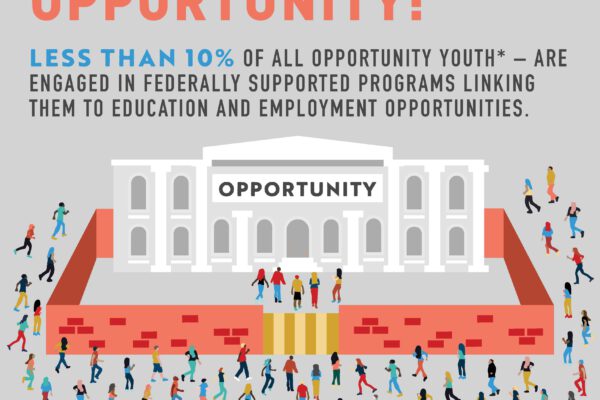Policy Proposals Lack Clarity About How to Evaluate Graduates’ Additional Degrees
Title: Accounting for Additional Credentials in Postsecondary Earnings Data
Authors: Jason Delisle, Jason Cohn, and Bryan Cook
Source: The Urban Institute
As policymakers across both parties consider how to evaluate postsecondary outcomes and earnings data, the authors of a new brief from the Urban Institute pose a major question: How should students who earn multiple credentials be included in data collection for the college that awarded their first degree?
For example, should the earnings of a master’s degree recipient be included in the data for the institution where they earned their bachelor’s degree? Additionally, students who finish an associate degree at a community college are likely to earn higher wages when they complete a bachelor’s degree at another institution. Thus, multiple perspectives need to be considered to help both policymakers and institutions understand, interpret, and treat additional degrees earned.
Additional key findings include:
Earnings Data and Accountability Policies
Many legislative proposals would expand the use of earnings data to provide further accountability and federal aid restrictions. For example, the House Republicans’ College Cost Reduction Act, proposed in 2024, would put institutions at risk of losing funding if they have low student loan repayment rates. The brief’s authors state that the bill does not indicate if students who earn additional credentials should be included in the cohort of students where they completed their first credential.
The recently implemented gainful employment rule from the Biden administration is explicit in its inclusion of those who earn additional credentials. Under the rule, students who earn an additional degree are included in both calculations for their recent degree and the program that awarded their first credential.
How Much Do Additional Credential Affect Earnings Data?
Determining how much additional credentials affect wages and earnings for different programs is difficult. The first earnings measurement—the first year after students leave school—is usually too early to include additional income information from a second credential.
Although the entire data picture is lacking, a contrast between first- and fifth-year earnings suggests that the number of students earning additional degrees may be very high for some programs. As an example, students who earn associate degrees in liberal arts and general studies often have some of their quickest increases in earnings during these first five years. A potential explanation is because students are then completing a bachelor’s degree program at a four-year institution.
Policy Implications: How Should Earnings Data Approach Subsequent Credentials?
In general, it seems that many policymakers have not focused on this complicated question of students who earn additional degrees. However, policy and data professionals may benefit from excluding students who earn additional credentials to more closely measure programs’ return on investment. This can be especially helpful when examining the costs of bachelor’s programs and their subsequent earnings benchmarks, by excluding additional earnings premiums generated from master’s programs.
Additionally, excluding students who earn additional credentials may be particularly valuable to students in making consumer and financial aid decisions if the payoff from a degree is extremely different depending on whether students pursue an additional credential.
However, some programs are intended to prepare students for an additional degree, and excluding data for students who earn another degree would mean excluding most graduates and paint a misleading picture.
To read the full report from the Urban Institute, click here.
—Austin Freeman
If you have any questions or comments about this blog post, please contact us.


